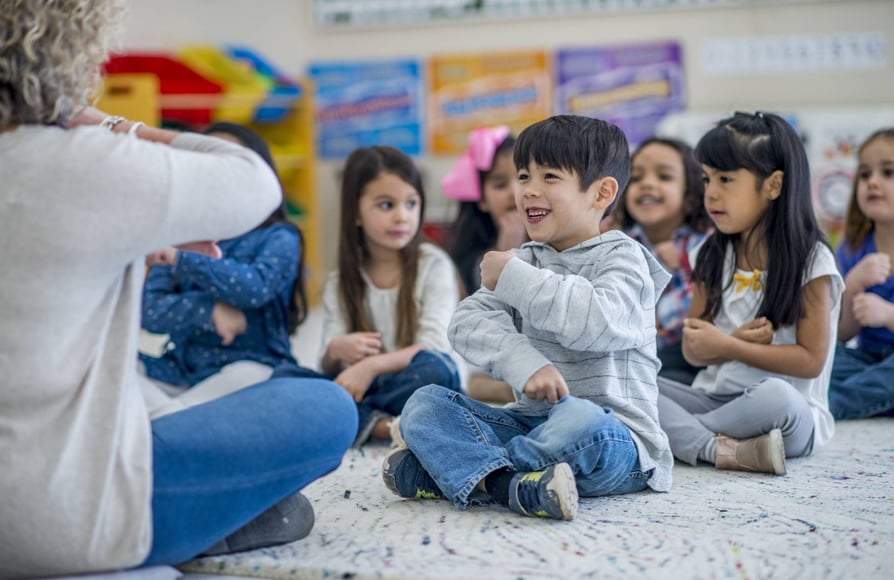The client was referred to OccHealth by Altius’ Recovery and Wellness Initiative (RAWI) in January 2020, diagnosed with stress and anxiety with adjustment disorder after a series of workplace bullying incidents in November 2019.
The goals of RAWI were to:
- Support the client’s recovery and wellbeing,
- Assist with upgrading her work capacity,
- Promote the benefits of returning to work, and
- Empower the client to independently manage her condition.
- A key focus within the client’s RAWI program was to support an improvement of her mood and wellbeing measured with questionnaires delivered at regular intervals.
The RAWI Program Supported by AltiusLife App
Sessions were conducted at a local park close to the client’s home to encourage engagement in the community and address heightened levels of anxiety leaving the home. Additionally, the client was given a subscription to Altius Group’s digital health and wellbeing platform, AltiusLife. One of the platform’s many features, ‘Life Actions’, encouraged the client to establish her own mini goals:
- Take time to reflect on how you’re feeling today
- Think of something positive that has happened to you today
- Practice your deep breathing and relaxation techniques
- Go for a 20minute walk
The client was prompted by the AltiusLife App to complete her “Life Actions” daily through notifications sent to her phone. AltiusLife also provided the client with various evidence-based articles, identified as being of interest to her through her goal setting, as well as proven strategies and tools to support her recovery journey. For example:
- How to integrate exercise into your busy schedule
- Stressed out? Here’s 5 things you can do
- Advanced relaxation skills
- 5 things to do when you’re feeling overwhelmed
- How walking decreases stress
By supplementing her RAWI exercise treatment sessions with an experienced allied health professional, with the supportive tools of the AltiusLife App, the client demonstrated remarkable progress in her condition.
RAWI Results
The client’s questionnaire scores at the cessation of treatment and her engagement in a full-time role at a busy child-care centre, provide a wonderful example of how far participants in RAWI can come within a short time frame. Questionnaire results showed:
- Improved DASS-21 scores: Depression score: 1 = normal (compared with 13 at initial assessment which is considered severe); Anxiety score: 4 = mild (compared with 9 at initial assessment which is considered severe) and Stress score: 2 = normal (compared with 16 at initial assessment which is considered severe).
- Improved WHO-5 Score: The client scored 12% at initial assessment indicating extremely low mood and poor levels of wellbeing. On completion of the RAWI, the client had scored 68% indicating markedly improved mood and perceived wellbeing (for reference, an increase in 10% is considered significant).
The client was not working at the time of her initial assessment. By completion of the RAWI, the client had upgraded to her Pre-Injury Work Duties and she is now working full-time as a Preschool Director.
The RAWI program is delivered through Telehealth nationally as an alternative to face to face sessions.






